 Special to South Florida Times
Special to South Florida Times
MIAMI — The Overtown community became a visual time capsule Saturday as families, both past and present, joined together to celebrate the 116th anniversary of the incorporation of the city of Miami.
Dating back to 1890, Overtown is considered one of the oldest cities in Miami, starting out as a segregated living location for blacks working on Henry Flagler’s East Coast Railroad. Once referred to as “Colored Town,” Overtown produced about 40 percent of the votes needed to make Miami an official city on July 28, 1896.
The celebration also featured a reenactment of the official vote and incorporation of the city led by Ward Rooming House Curator and Black Archives Executive Director Timothy Barber. He read aloud the names of the 370 men, both black and white, who voted “yes” to the city’s incorporation. As the names were read aloud, descendants of the Ward, Jennings, Albury and Braynon families chanted in recognition of their forefathers.
Cleora Albury expressed delight and addressed the crowd, thanking them for paying homage. She attended not only as a family member but also because of a personal attachment to the location. She said she was born downstairs in the Ward Rooming House in 1939.
“I am so proud to be standing here at this historical location,” Albury told the South Florida Times. “As long as I am living, I will do my part to make sure that our history is never forgotten.”
Barber said the Black Archives had a special interest in facilitating the incorporation re-enactment because the 1896 document highlighting the names of those who voted for incorporation is a beacon for people of color, “especially considering what blacks had to endure over the next 80 years during the Civil Rights era.”
According to Barber, one-third of the two-thirds votes needed to incorporate the city came from blacks. “It is important for Miamians to know their history and for blacks to know that we as a people were always a part of Miami. History dictates life and history, once written, is difficult to change,” said Barber.
The event included a tour of the Ward Rooming House, which featured artifacts such as a civil rights display, video footage from the Historic Lyric Theater and signage highlighting shows at 1000 N.W. Second Avenue, the site of the former Island Club where music greats such as Louis Armstrong, Etta James and Jackie Wilson performed. Kamila Pritchett, a graduate of Miami Northwestern High School in Liberty City, who works in the non-profit field, looked over the exhibit while holding a photo of her grandfather, David Francis.
Francis, who died in 1990, was editor of The Tropical Dispatcher, a weekly newspaper that was distributed in Overtown during the 1940s. His widow, Susie, who died this year at age 100, was a community activist, a member of Alpha Kappa Alpha Sorority Inc., a founding member of The Links Greater Miami Chapter, an educator at then D.A. Dorsey Junior-Senior High School and, later, Westview Middle School.
“My grandparents were pioneers in Black Miami and I am proud to be able to honor them today. I feel that more people should attend events like these so they can appreciate the history and pass it on to future generations,” said Pritchett. “When you know the groundwork that has been laid before you, it’s easier to appreciate your history,” Pritchett said.
Maud Newbold, a resident of Overtown from the early 1940s to the late 1960s and is a trustee of The Black Archives, said such events give residents an opportunity to recognize Overtown as a treasure within Miami.
“I feel that Miami is a historic city. We may not be as old as other cities but what we’ve done here in the Overtown community and the African-American community (as a whole) shows that we were actually people on the go, moving and productive,” said Newbold. “This is my community, this is my city and I encourage people to come and visit. Like the great Ms. Dorothy Fields said, the history is not being hidden, it is here for people to appreciate and explore.”
Photo courtesy of Khary Bruying for South Florida Times

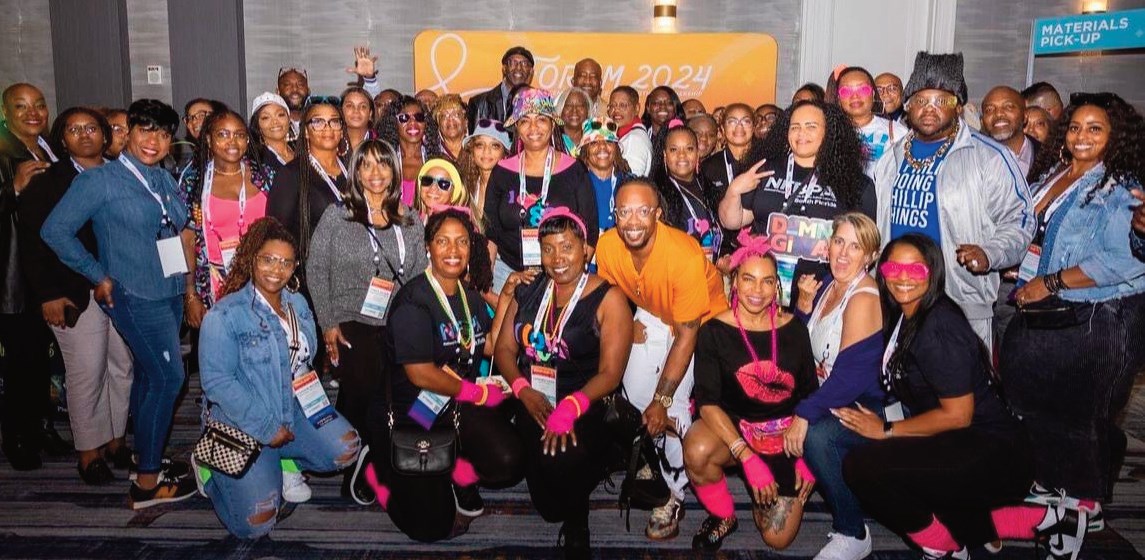
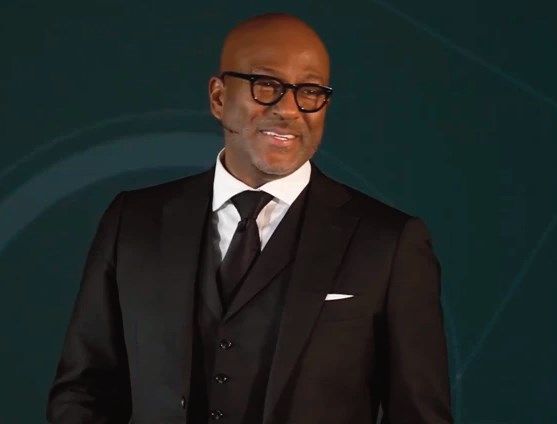
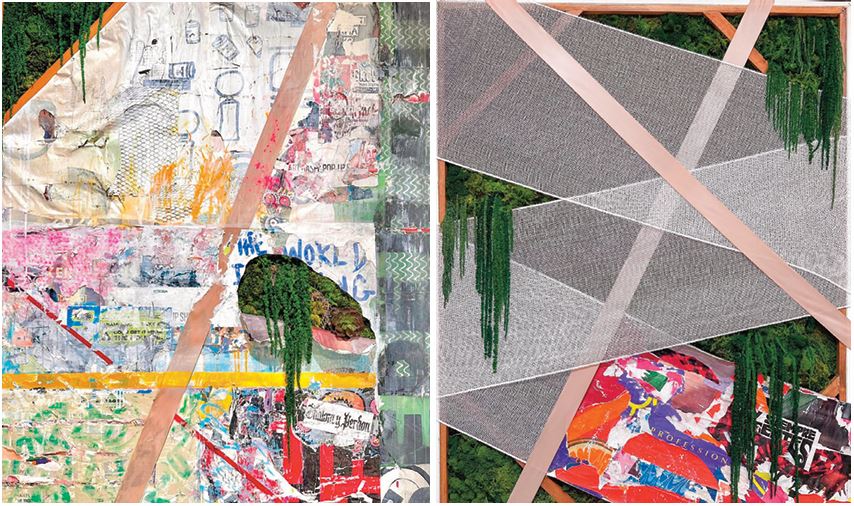

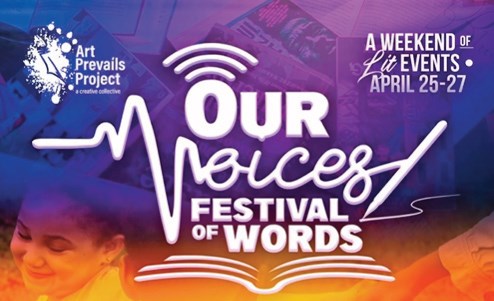
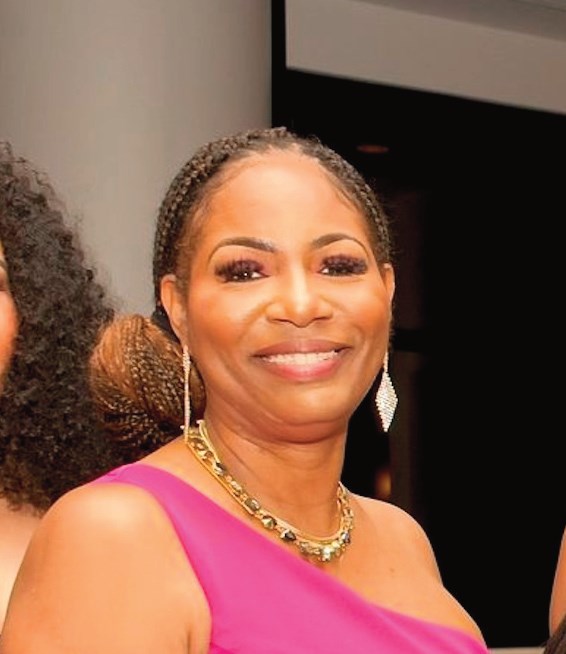
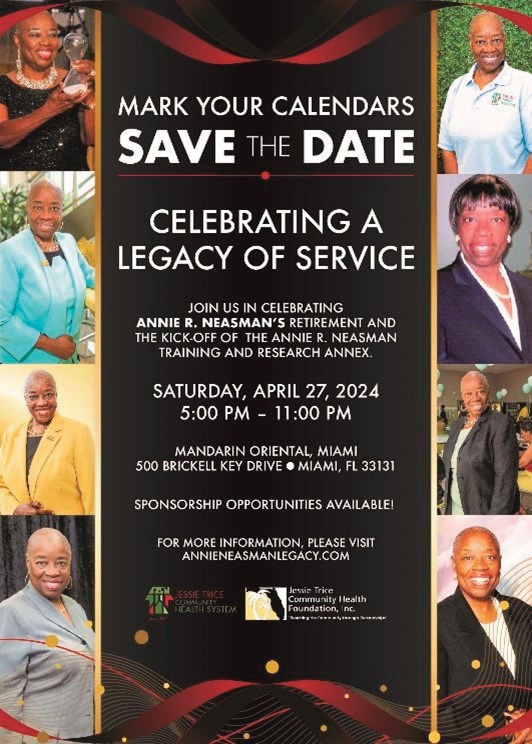
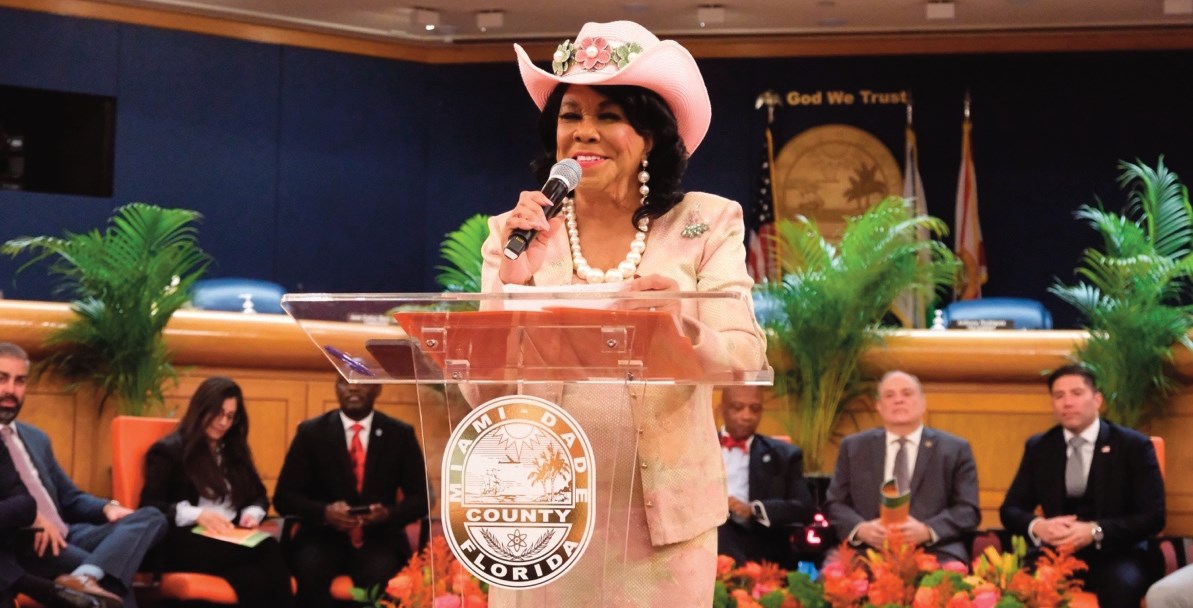



No Comment